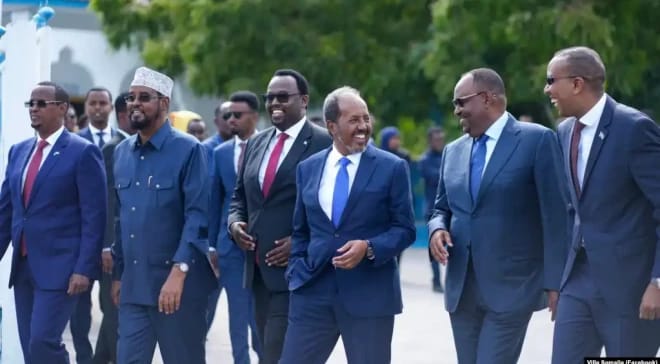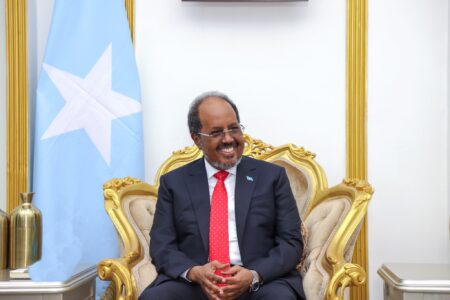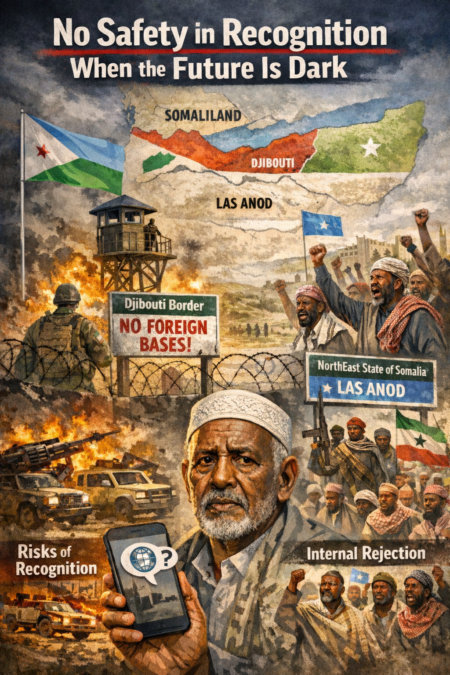Defending Sovereignty: President Hassan Sheikh Mohamud’s Legacy in Protecting Somalia’s Territorial Integrity
President Dr Hassan Sheikh Mohamud’s leadership has been defined by two critical moments of safeguarding Somalia’s sovereignty. These events testify to his commitment to protecting the nation’s territorial integrity at sea and on land. The first occurred during his initial term in office when Somalia faced an attempt by Kenya to claim part of its maritime territory. Kenya based its claim on a Memorandum of Understanding (MOU) signed by Somalia’s previous Transitional Government. Despite considerable pressure to negotiate, President Dr Hassan took a firm stance, rejecting any compromise and bringing the dispute before the International Court of Justice (ICJ). The court ruled in favour of Somalia, securing its maritime rights and setting a strong precedent for how future territorial disputes should be handled.

The second defining event, more recent, unfolded on 1 January 2024. Ethiopia’s violation of Somalia’s sovereignty by claiming its land and sea territories was a severe threat. Under Prime Minister Abiy Ahmed, Ethiopia sought to legitimise this claim through an MOU signed with Muse Bihi in Hargeisa, prompting President Dr Hassan to act decisively. Once again, he prioritised the nation’s independence and territorial integrity. His diplomatic team, led by Foreign Minister Ahmed Mo’alim Fiqi, successfully defended Somalia’s sovereignty against Ethiopia’s encroachments. The potential for this situation to escalate into a military conflict was real, but under President Dr Hassan’s leadership, Somalia remains confident in its ability to prevail.
These events prompt reflection on the roles of past leaders. For instance, former President Mohamed Abdullahi Farmaajo enjoyed a close alliance with Ethiopian Prime Minister Abiy Ahmed. This alliance raises questions: was Farmaajo complicit in Ethiopia’s territorial ambitions, particularly regarding Somalia’s maritime zone? Abiy’s lack of any clear motive beyond territorial expansion adds weight to these concerns. Similarly, former President Sharif Sheikh Ahmed, under whose administration the MOU with Kenya was signed, claimed ignorance of the agreement. This raises doubts about his suitability for future leadership, as it is challenging to trust a leader who was unaware of a deal that compromised the nation’s sovereignty.
In conclusion, President Dr Hassan Sheikh Mohamud’s legacy will be remembered for his unwavering defence of Somalia’s sovereignty, standing firm in the face of external threats. These key moments serve not only as markers of his leadership but also as stark reminders to the people of Somalia about the critical role of strong, decisive governance. Any future leader must be held to the same standard of vigilance and accountability in protecting the country’s interests.





